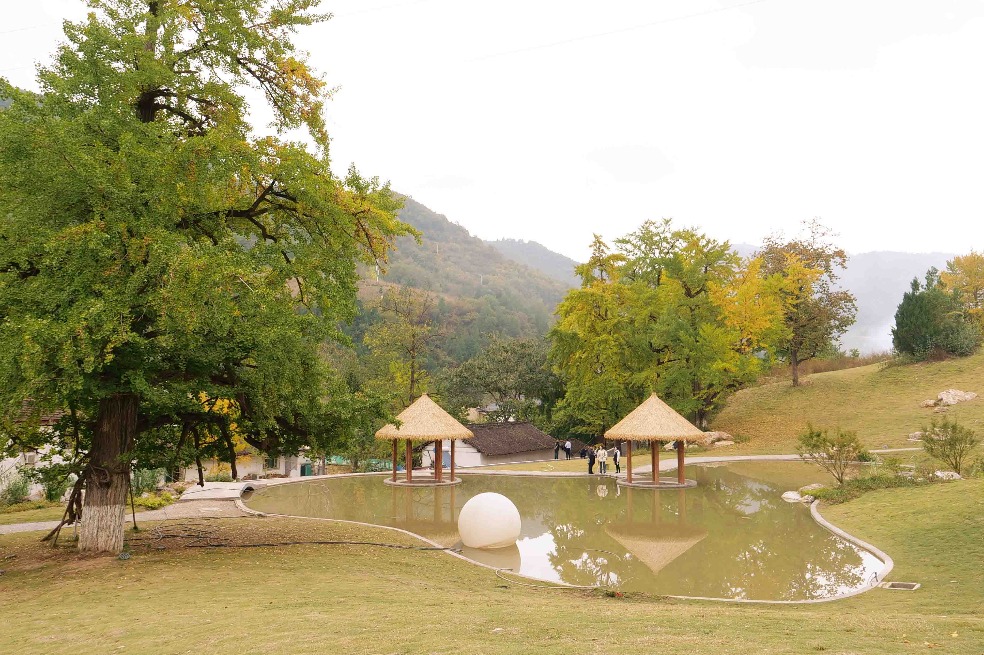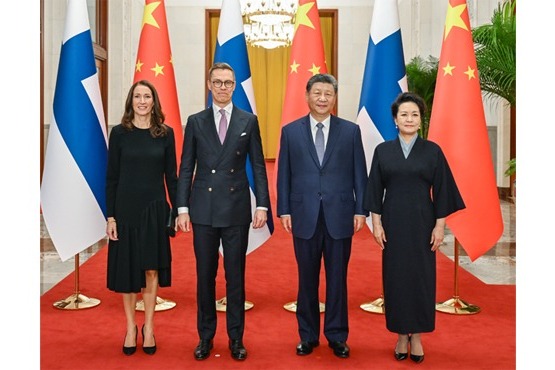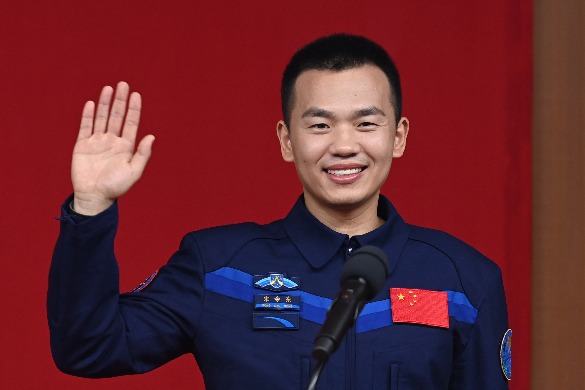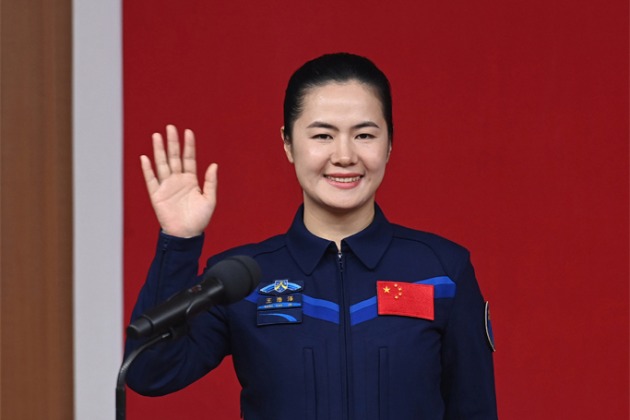Witnessing the people of China speak again

Once again, the people of China have spoken.
That was what Edwin Afande, the charge d'affaires of the Kenyan Embassy in China, told me on Friday after he witnessed Xi Jinping being elected unanimously as Chinese president.
I shared the same sentiment as I joined hundreds of reporters from China and overseas as well as foreign envoys to China on the second floor of the Great Hall of the People, bearing witness to this quintessential moment of China's whole-process people's democracy.
It was a process that sought to fine-tune every detail, with the ballot printed in Chinese and languages of another seven ethnic groups.
Li Ganjie, a member of the Political Bureau of the Communist Party of China Central Committee and an executive chairman of the presidium of the first session of the 14th National People's Congress, offered patient reminders to the deputies as the election proceeded.
After Li, who presided over the meeting, announced the election result, a long thunderous applause erupted, which spoke volumes to the unequivocal support from the deputies to the president.
Then came one of the most highly anticipated moments in this year's NPC session — the president making his public pledge of allegiance to the Constitution.
It was only the second time that a Chinese president had taken such an oath upon assuming a term of office.
In 2015, the NPC Standing Committee, the top legislature, decided that all those in public office must swear an oath to the Constitution upon formally taking up their positions, starting the following year.
The amendment to the Constitution in 2018 also required all State functionaries to take a public oath of allegiance to the Constitution upon assuming office.
I did not get the opportunity to witness the moment in 2018 when Xi took the oath after his election as president, and had eagerly looked forward to this epic moment even before this year's NPC session started.
As the president placed his left hand on China's Constitution, raised his right hand near his temple, made a fist to signify solidarity and delivered his pledge, I felt his determination to repay the trust from the people and to uphold the rule of law.
He bowed to the deputies four times, twice after the announcement of the election results and twice after taking the oath of office.
He pledged to stay loyal to the people and accept the people's supervision.
In a reply letter to US high school students in 2019, Xi described his job as "to serve the people", a job that is "very tiring, but also very fulfilling".
Also in 2019, Xi was asked by Roberto Fico, who was then president of Italy's Chamber of Deputies, what he felt when he was elected Chinese president.
The president replied: "For the good of my people, I will put aside my own well-being. I am willing to be selfless and devote myself to China's development."
On Friday, if the same question were raised, I think the answer from the president would be the same, equally loud and clear.
- Legal representative of firms reportedly involved in surrogacy arrested
- Western China sees rapid growth in patents as IP protections expand
- Ancient ginkgo trees draw tourists to Gansu
- China calls on EU to hold sincere, flexible dialogue on tariffs
- Thai journalists explore China's cutting-edge vocational education
- Typhoon Kong-rey to bring heavy rainfall, strong winds to Shanghai





































